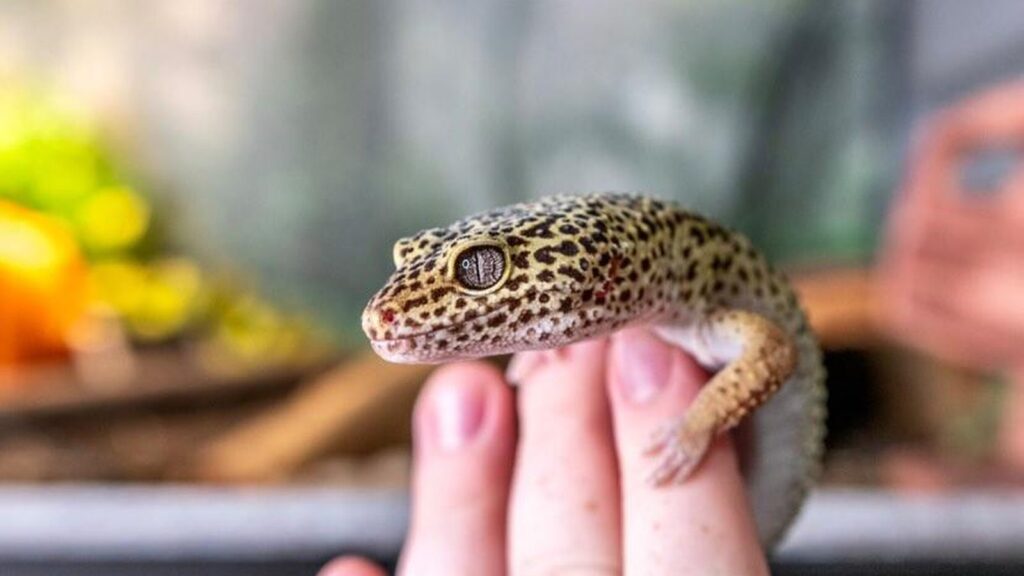
Advocacy for Responsible Reptile Ownership
Share
As the popularity of reptile pets continues to rise, so does the need for advocacy surrounding responsible ownership. Organizations and enthusiasts alike are emphasizing the importance of understanding the unique requirements of reptile care, which often differ significantly from those of traditional pets like dogs and cats.
Key Considerations for Reptile Owners
-
Species-Specific Care: Each reptile species has distinct habitat, dietary, and environmental needs. For example, a ball python requires a different setup than a bearded dragon. Prospective owners are encouraged to research the specific requirements of the species they are interested in, ensuring they can provide an appropriate environment for their new pet.
-
Adoption vs. Purchase: Advocacy groups are encouraging potential reptile owners to consider adopting from rescues or shelters rather than purchasing from commercial breeders. Many reptiles are surrendered to shelters due to owners underestimating the commitment required. Adopting a rescue reptile not only gives the animal a second chance but also helps to reduce the demand for breeding operations that may not prioritize animal welfare.
-
Education and Resources: Many organizations are providing resources and educational materials to inform new owners about proper reptile care. This includes information on setting up habitats, nutritional needs, and recognizing signs of stress or illness. Online communities and local herpetology clubs can also offer support and advice, creating a network of responsible owners.
-
Long-Term Commitment: Reptiles can live for many years—some species for decades—making them a long-term commitment. Owners must be prepared for the responsibilities of care over the lifespan of their pets, including regular veterinary check-ups and habitat maintenance.
-
Environmental Impact: Responsible ownership also includes awareness of the ecological implications of keeping reptiles. Some species can become invasive if released into the wild, leading to significant environmental harm. Owners are urged to never release their pets and to educate themselves on the impacts of their choices.
Conclusion
The push for responsible reptile ownership aims to ensure that these unique pets receive the care they deserve while also promoting the conservation of their species in the wild. By fostering a culture of informed and compassionate care, advocates hope to improve the quality of life for both pet reptiles and their owners.
For further insights and resources on responsible reptile ownership, check out more information from various advocacy groups and herpetology organizations. These resources emphasize the importance of commitment, education, and compassion in the world of reptile pet ownership.



